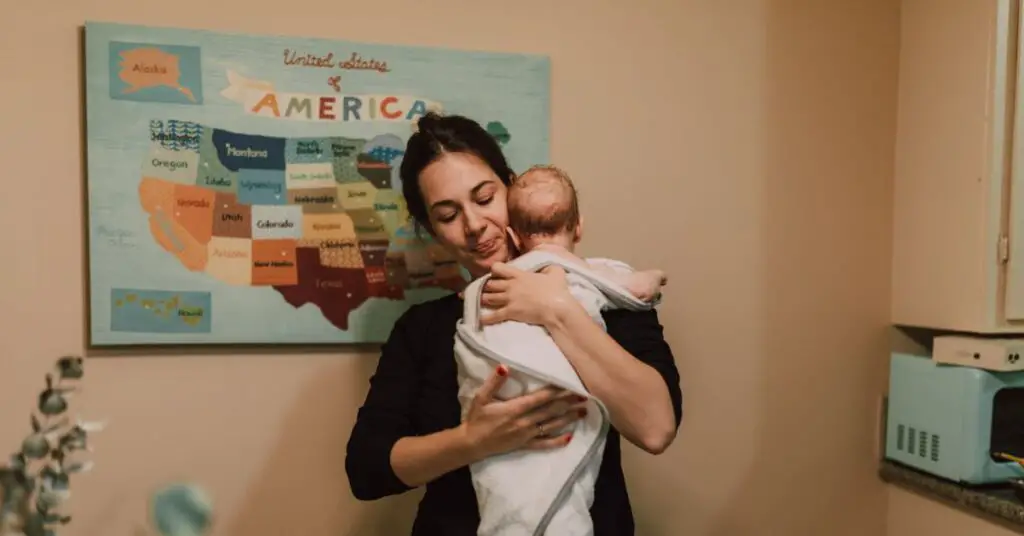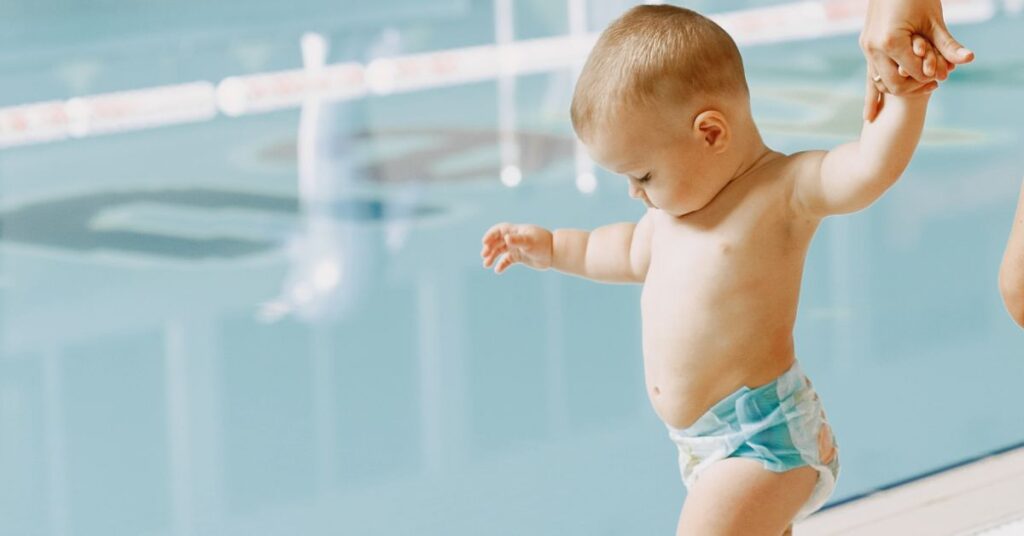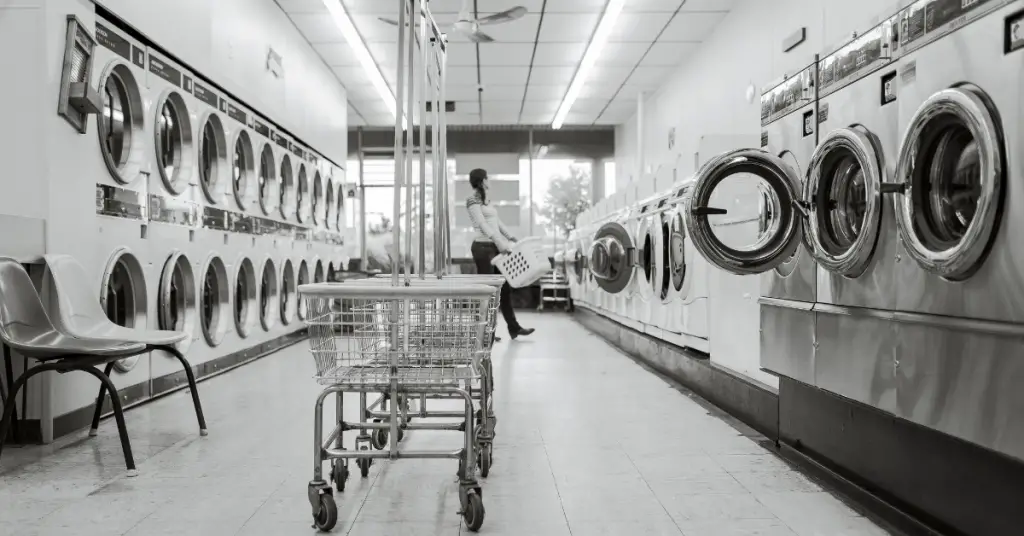The answer is a resounding yes! Find out how babies feel your love and why it’s so important for their development.
The products mentioned on this page were independently selected by Babycious editors. As an Amazon Associate, Babycious may earn a commission from qualifying purchases.

Photo by Helena Lopes
Love has a central place in our lives, so it’s only natural to wonder whether babies also feel love. As you are going through the seemingly endless diaper changes and spit-up, you may be asking yourself if your little one is reciprocating your loving feelings.
The answer is yes, babies do feel love even though they can’t say “I love you” back. Babies are hardwired to show love and can form strong emotional bonds with their parents from the time they are born. They feel love when you hold them close, when you feed them, when you sing to them, or even when they just see your smiling face. All these actions tell your baby that they are safe and secure, which in turn nurtures their emotional growth and development.
Love does not need a medium to be expressed or received. Babies can’t verbally express their love but will show it in other ways, such as cuddling up to you, smiling, and reaching out for your touch. Your baby may also respond to love by being content and calm, or showing a desire to be around you.
Coming From a Loving Home
The way adults act is an indicator of how they were treated growing up. Babies, and subsequently children, learn how to treat others by the examples their parents show them, and they will act differently when they come from a loving home.
Secure attachment is paramount to a baby’s development and it is built by responsive and reliable care and by consistent nurturing. Babies that have their needs promptly met when it comes to being fed, being clean, rested, and physically and emotionally interacted with will be more likely to develop and grow into emotionally secure adults.
A supportive, loving upbringing, enables babies to learn to trust and form solid relationships later in life. They are able to form secure attachments, learn empathy, and regulate their emotions when feeling upset or overwhelmed.
The Lasting Marks of Neglect
Unfortunately, there are cases of babies and children being emotionally neglected. When a baby is exposed to emotional neglect or inconsistent caregiving, the effects can be felt in adulthood.
When babies don’t get the love and attention that they need, it can negatively affect their brain development and lead to psychological issues later in life. They may have trouble forming connections with other people, and not be able to trust or form healthy relationships.
I believe that this can be more true for some people than others, but ultimately the evidence is clear: babies do feel love, and it can have a lasting impact on their life.
It is not about Expensive Baby Gear
Parents can sometimes confuse love with splurging on expensive (and sometimes unnecessary) baby stuff. It can’t be all about money and expensive toys. You can show love in less tangible ways. Babies need to be held, talked to, and sung to in order for them to develop into secure adults that form strong relationships.
It is also not about being a perfect parent. Making mistakes is inevitable and getting frustrated or overwhelmed at times is a normal part of being a parent. But babies still need to be loved. Giving your baby your attention and unconditional love is what makes you perfect in their eyes.
5 Ways to Show Love to your Baby
There are countless ways you can show your baby that you love them and bond with them. Being conscious of the effect our actions have on the emotional well-being of our babies drives us to be a little more intentional in our parenting. Here are 5 acts of love to be mindful of in your parenting journey :
- Taking care of your baby’s physical needs promptly. I know that this is something you are probably already doing but being aware of how you are radiating love through these basic care actions is a game changer and can help you get through those tough days.
- Talking to your baby often, even if they cannot understand the words you are saying. Letting them know that you are there for them can make all the difference.
- Smiling, laughing, and making eye contact with your baby. Babies love feeling seen and understood. Making sure to take time out of your day to be present and connected with your baby goes a long way in establishing strong emotional bonds.
- Giving your baby physical affection. Cuddles, massages, and kisses are so important for your little one’s emotional well-being. Skin-to-skin contact is proven to be extremely beneficial for both the baby and the parent.
- Spending quality time with your baby. This can be done through reading, playing, or simply just being together.
Ultimately, showing your baby love and attention is what truly matters. It’s never too late to start showing your baby love by incorporating small acts of love into your daily routine. Babies need to feel secure and loved, so make sure you are mindful of the power of your love and how it can shape the emotional development of your little one.
Final Thoughts
The love that you show your baby today will shape them for years to come, so keep on nurturing and loving your little one as much as you can. Remember that babies need to feel secure and loved in order for them to reach their full potential in life.
So, the next time you are singing lullabies or rocking your little one in your arms, know that they do feel the love!
The purpose of this article is informative and educational only. It’s not a substitute for medical consultation or medical care. We do not accept any responsibility for any liability, loss, or risk, personal or otherwise, incurred as a consequence, directly or indirectly, from any information or advice contained here. Babycious may earn compensation from affiliate links in this content.



